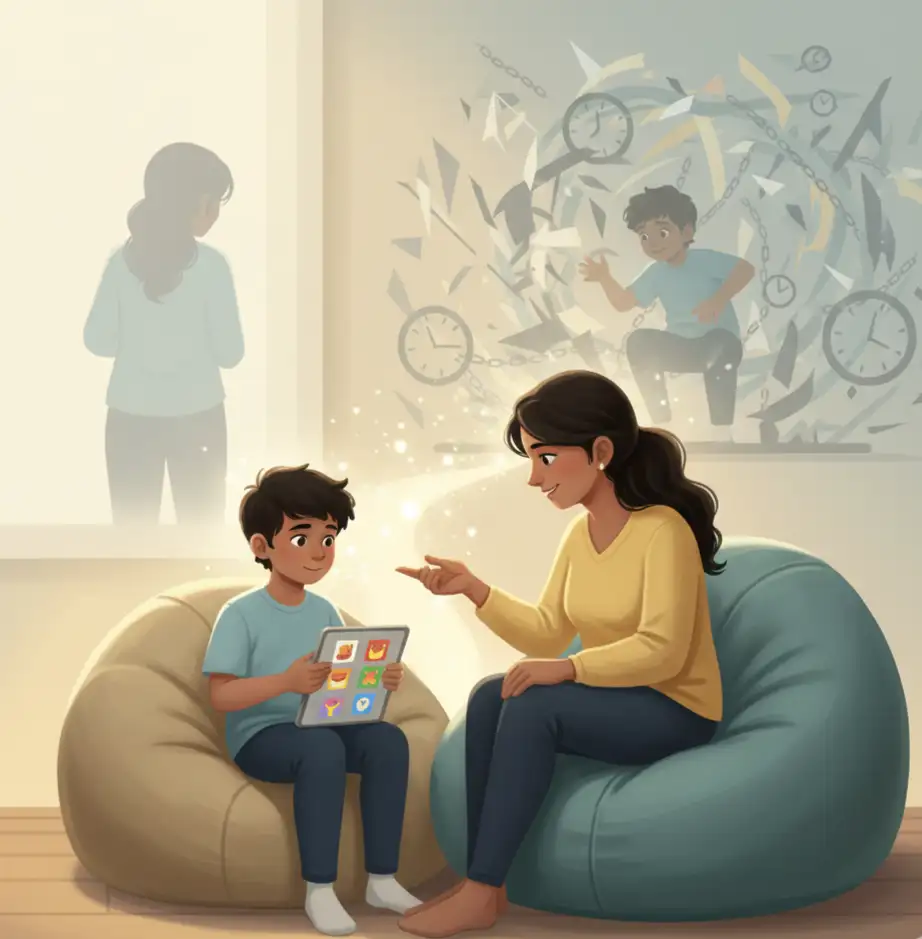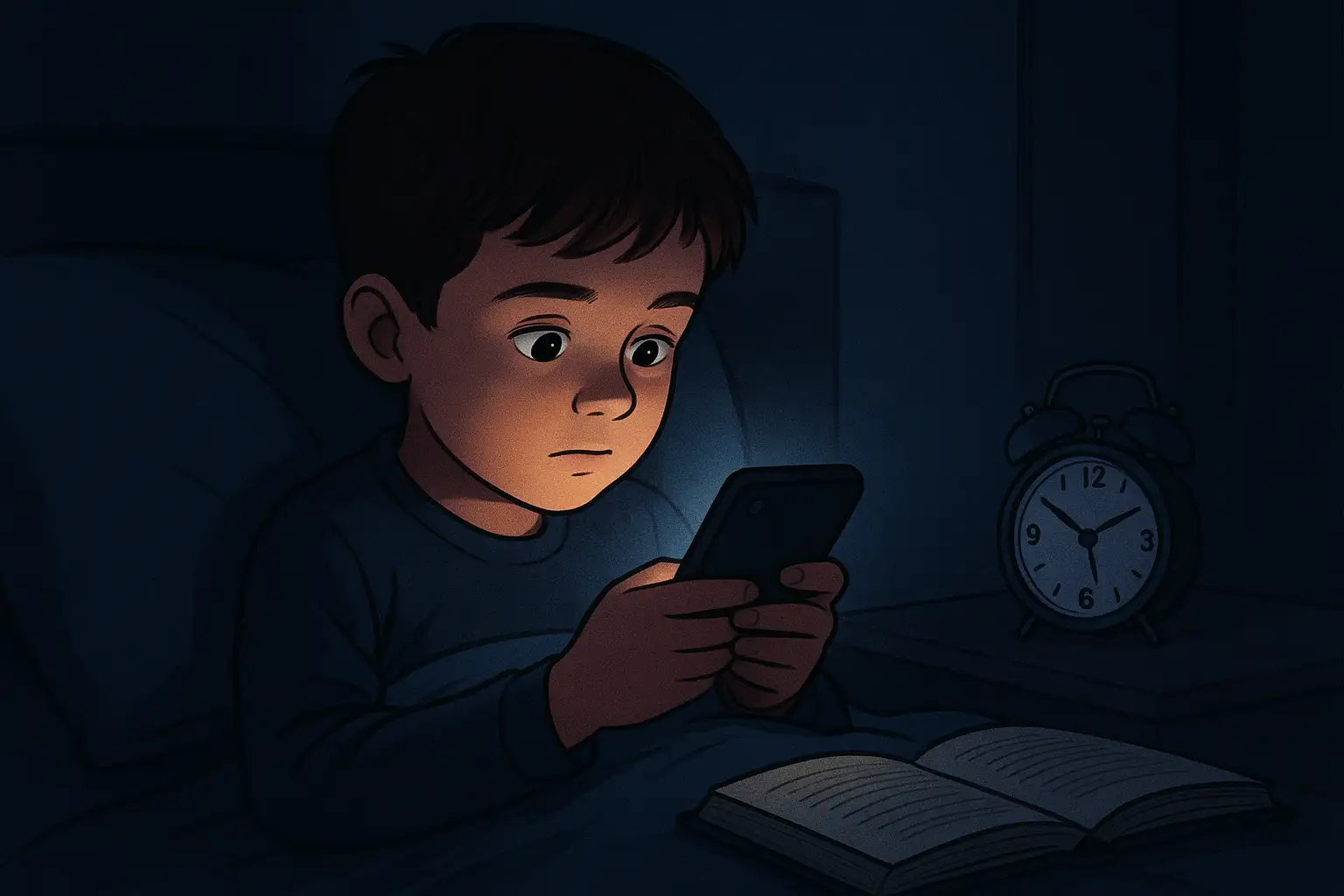When we talk about neurodiversity, the spotlight is—rightfully—on the child.
But in the background stands someone holding everything together: the parent.
Over the past decade, I’ve had the privilege of working with hundreds of families. I’ve seen firsthand the emotional resilience parents show when raising neurodiverse children—children with autism, ADHD, epilepsy, learning differences, or developmental delays.
What often goes unspoken, though, is the toll this takes. The sleepless nights. The worry. The constant need to explain or defend your child’s behaviour. The pressure to “get it right” every single day.
This blog isn’t about clinical advice. It’s about something just as important: how you, the caregiver, can take care of yourself too.
The Hidden Weight Parents Carry
Parenting any child comes with challenges, but parenting a neurodiverse child can feel like navigating a maze without a map.
You’re not only parenting—you’re also a:
- Therapist at home, practicing speech, occupational, or behavioural strategies
- Advocate, navigating school systems and pushing for accommodations
- Translator, helping others understand your child’s unique ways of thinking
- Protector, shielding your child from social judgment or misunderstanding
Many parents tell me they feel overwhelmed, burnt out, or guilty for feeling tired. The world may see a parent doing “whatever it takes.” But rarely do they see the cost of that effort on your mental, emotional, and physical health.
Why Your Wellbeing Matters—Deeply
It’s common for parents to put their own needs on hold. They say things like:
“I’ll rest after this next evaluation.”
“I don’t have time for myself right now.”
“It feels selfish to take a break when my child needs so much more.”
I understand those feelings. I see them every day. But here’s another side of the story:
You can’t pour from an empty cup. And your child needs you at your best—not your exhausted, burnt-out version.
Research shows that parental stress directly impacts a child’s emotional regulation and overall development. When you take care of your wellbeing, you’re not just helping yourself—you’re creating a more supportive environment for your child.
5 Practical Ways to Care for Yourself

You don’t need a complete lifestyle overhaul. Here are five realistic, effective strategies I recommend to parents in my practice:
1. Set Realistic Expectations
Every child has good days and hard days. So do parents. Give yourself the permission to aim for progress, not perfection.
2. Find Your Support Circle
Whether it’s a support group, trusted friend, or professional counsellor—having someone who understands your journey can reduce isolation and boost resilience.
3. Carve Out Small Moments for Rest
Even 10 minutes a day to sit quietly, journal, or take a short walk can help reset your nervous system and reduce overwhelm.
4. Celebrate the Small Wins
Did your child try something new today? Did you handle a meltdown with more calm than yesterday? These moments deserve recognition.
5. Engage in Something That’s Just Yours
A hobby, a book, music, or exercise—something that connects you to your identity beyond being a parent. You are allowed to have joy, too.
Releasing Guilt and Embracing Compassion
Parenting a neurodiverse child comes with unmatched devotion—but also with deep emotional fatigue. It’s okay to say “I need help.” It’s okay to feel like it’s hard. That doesn’t make you weak. It makes you real.
The same compassion you show your child during their difficult moments? You deserve to offer that to yourself, too.
In fact, when your child sees you prioritizing your wellbeing and practicing kindness toward yourself, they learn to do the same. You model resilience not by being invincible—but by being human.
In Sum
Your child’s journey is shaped by your strength, love, and persistence. But to continue walking this path, you must also pause and care for yourself.
It’s not about choosing between your child and your wellbeing—it’s about understanding that they’re deeply connected.
So, if you’ve been running on empty, let this be your reminder to check in with yourself. To ask:
“What do I need right now?”
And if the answer feels overwhelming or unclear—reach out. As a clinician, I’m not just here for your child. I’m here for you, too.
Need guidance or support?
Book a consultation to connect with Dr. Aman PS Sohal, a leading Pediatric Neurologist in Dubai, specializing in Autism, Epilepsy, and general neurological care.








